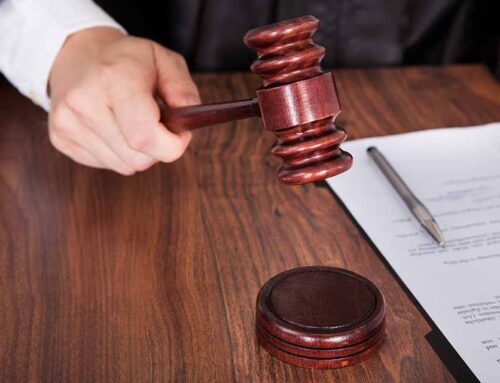One of the most daunting and agonizing situations you can face is being charged with a crime that you did not commit. It will make you feel helpless and baffled, frustrated beyond belief that authorities do not understand how wrong they are.
The impact of landing in such dire circumstances can prove dangerous on multiple levels. For one thing, you can become so gripped with exasperation that you make poor decisions in a headlong effort to clear your name. Don’t let your fear and aggravation dig you into a deeper legal hole. Desperately trying to convince authorities of your innocence might cause more harm than good.
Your first step should be finding and enlisting a criminal defense attorney who has experience working in the area of law that matches your case. You do not want to risk your future on a misguided belief that your innocence is too obvious for it to go unappreciated. From the outset, your attorney should demonstrate command of the criminal law relevant to your case and your immediate options.
Do not submit to interrogations without first claiming your right to an attorney and then consulting your attorney. Remember your right to remain silent. Overconfidence or eagerness to clear your name can lead to you saying something that hurts your case.
If you are arrested before you have the opportunity to speak with an attorney, be respectful to the police officers and other authorities who handle the arrest. Stay calm and polite but do not speak to anyone about the case without consulting with your attorney. If you are arraigned in court before you have an attorney, request time to speak to an attorney, or if you must enter a plea, plead not guilty.
Once you have secured an attorney, he or she will work with you to decide your best course of action. Be upfront with your attorney about your goals for the case and your expectations for them and make sure that you partner with someone who believes in you and will fight for you.
Next, working with your attorney, take the time to understand exactly what the charges are against you and the criminal law that dictates the charges. If you simply assume you understand the charge, you risk a disheartening surprise.
In that same vein, weigh the reasons you are being targeted for the crime. Try to understand thoroughly why authorities believe you have committed this crime, so you can work methodically with your legal help to dismantle their reasoning.
As part of this, take the time to consider all of the evidence that you can provide to your attorney that will prove your innocence. Do you have documents, witnesses or other evidence that can clear your name? Your attorney will help you explore all of the tools you have at your disposal to make your case.



